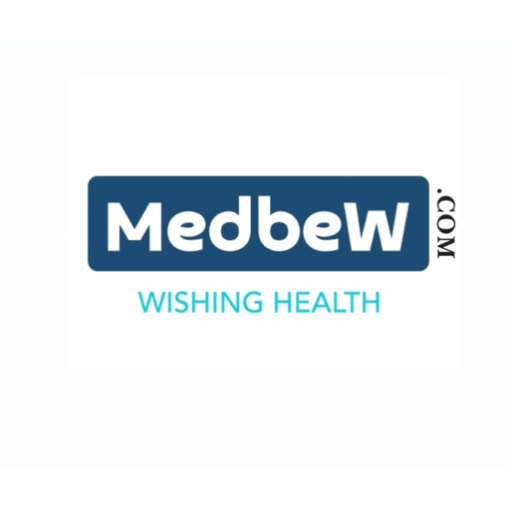Risk Factors of Stroke
Stroke is a serious health condition that can have devastating consequences. It occurs when the blood supply to the brain is interrupted or reduced, leading to the death of brain cells. While strokes can happen to anyone, there are certain risk factors that increase the likelihood of having a stroke.
High blood pressure: Hypertension is the leading cause of stroke. It is important to monitor your blood pressure regularly and take steps to lower it if it is consistently high.
Smoking: Smoking damages blood vessels and increases the risk of blood clots, which can lead to stroke. Quitting smoking is one of the best ways to reduce your risk.
Diabetes: People with diabetes are more likely to have a stroke. By managing your blood sugar levels and leading a healthy lifestyle, you can lower your risk.
Obesity: Being overweight or obese increases the risk of stroke. Maintaining a healthy weight through a balanced diet and regular exercise can help prevent stroke.
Family history: If someone in your family has had a stroke, you may be at a higher risk. It is important to be aware of your family history and take preventive measures.
Precautions to Reduce the Risk of Stroke
The good news is that there are steps you can take to reduce your risk of stroke. By making simple lifestyle changes, you can significantly lower your chances of having a stroke.
Eat a healthy diet: A diet rich in fruits, vegetables, whole grains, lean proteins, and healthy fats can help reduce the risk of stroke. Avoid foods high in saturated and trans fats, sodium, and added sugars.
Exercise regularly: Engaging in physical activity for at least 30 minutes a day can lower your risk of stroke. Find activities you enjoy, such as walking, cycling, swimming, or dancing, and make them a regular part of your routine.
Manage stress: Chronic stress can contribute to high blood pressure and other risk factors for stroke. Find healthy ways to manage stress, such as practicing relaxation techniques, engaging in hobbies, or seeking support from loved ones.
Limit alcohol consumption: Drinking alcohol in moderation, or avoiding it altogether, can help reduce the risk of stroke. The recommended limit is no more than one drink per day for women and two drinks per day for men.
Seeking Medical Help
If you or someone you know is at risk of stroke or experiencing symptoms such as sudden weakness or numbness on one side of the body, difficulty speaking or understanding speech, severe headache, or dizziness, it is important to seek immediate medical help.
A healthcare professional can evaluate your risk factors, perform necessary tests, and recommend appropriate treatment options. Early intervention is key to preventing further damage and improving outcomes.






